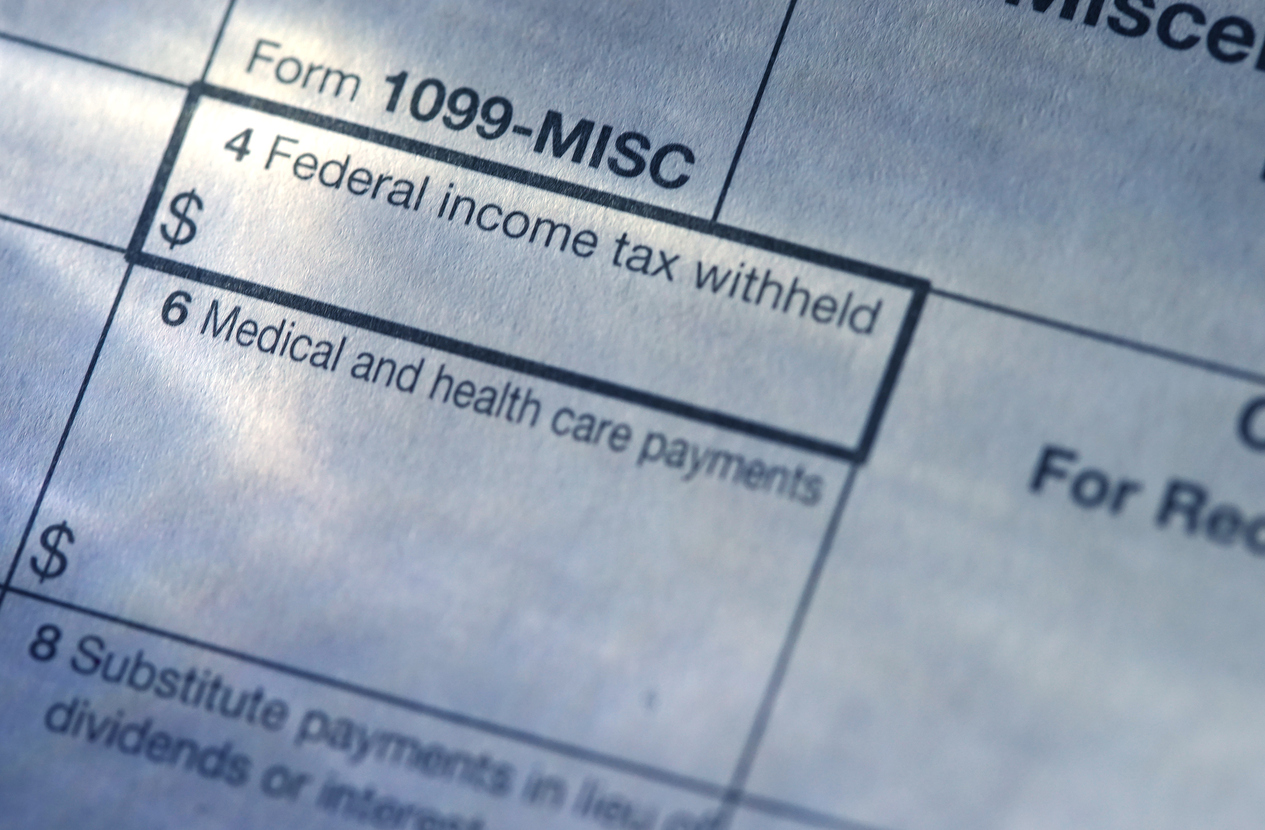
36% of working Americans, 57.3 million people, freelanced last year. It is estimated that these freelancers will make up the majority of the workforce within the next decade, thanks to technology. A 1099 employee is an independent contractor, which essentially means that you do not have to pay taxes on their income. This sounds great, but there are laws that apply and consequences of filing an employee as an independent contractor.
What You Need to Know About 1099 Employees
A 1099 employee is an independent contractor with an income that you do not have to pay taxes on. However, these employees are still responsible for paying taxes on their earnings when they file at the start of the new tax season. Before you can classify an employee as a freelancer, there are three important common laws to take into consideration.
Common Law Rules
Behavior. If you or the company have control over the worker, their work, and how they complete the job, that is considered the behavior or an employer-employee relationship, not one that you would necessarily have with an independent contractor.
Finance. Are you or the company paying for the employee’s supplies? Are you reimbursing their expenses? Again, these would be the qualities of an employer-employee relationship, although it isn’t uncommon to reimburse independent contractors travel fees such as gas or pay for a lunch or two.
The business relationship itself. Other key factors in determining whether or not an employee qualifies as an independent contractor are based upon the contracts involved, benefits, and the duration of their work with the company. Generally, if the employee is receiving benefits, such as a pension, or is on a long-term work schedule, they do not qualify as a freelancer.
It is important to note that these common laws are not set in stone. These are only factors a business and employer must consider, as there are bound to be exceptions. If you are still unable to determine whether or not they are an independent contractor, it is not a bad idea to file an SS-8 form. From there, the IRS will determine the worker’s status with the company.
Consequences of Misfiling an Employee
Of course, if you are found guilty of wrongly filing an employee as an independent contractor, there will be consequences punishable by law. In most cases, you will have to pay taxes on their income. A worker also withholds the right to file a claim with the IRS if they believe they should not have been classified as an independent contractor. These charges can always be challenged by filing for relief or applying for the Voluntary Classification Settlement Program.
With freelancing on the rise, it’s important to have a clear understanding of the laws as well as the potential consequences of filing an employee as an independent contractor. For the latest financial and business news, head on over to our blog. For more information about Foster Financial CPA, please contact us.

Tax Tips for the Self-Employed – Foster Financial
Analyzing the Cost vs. Benefits of Business Expenses
Strategies for Optimizing Your Investments